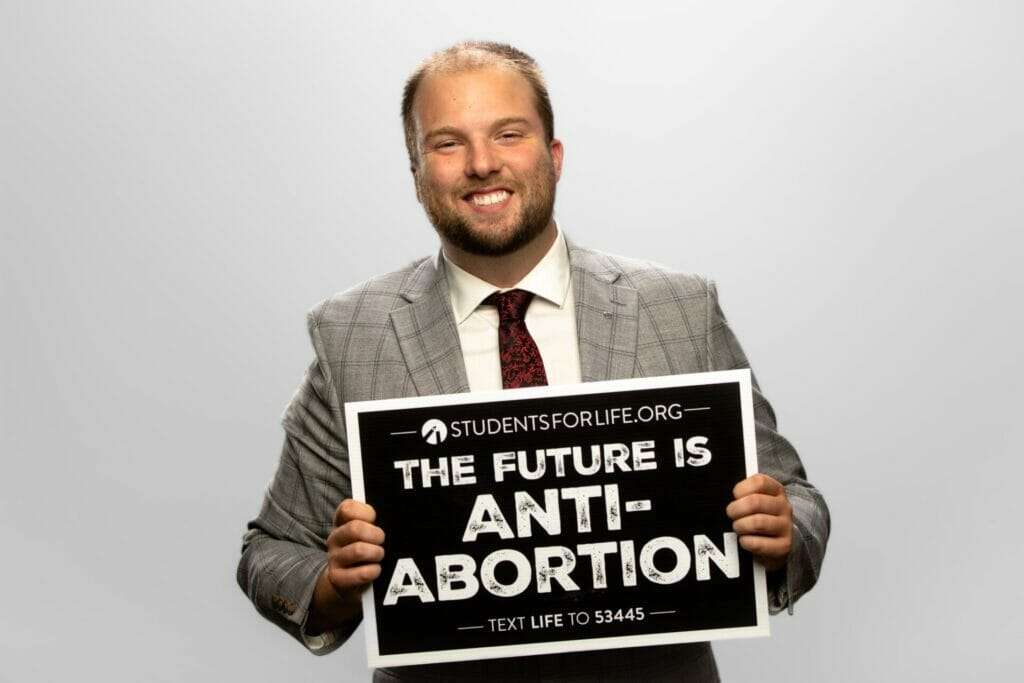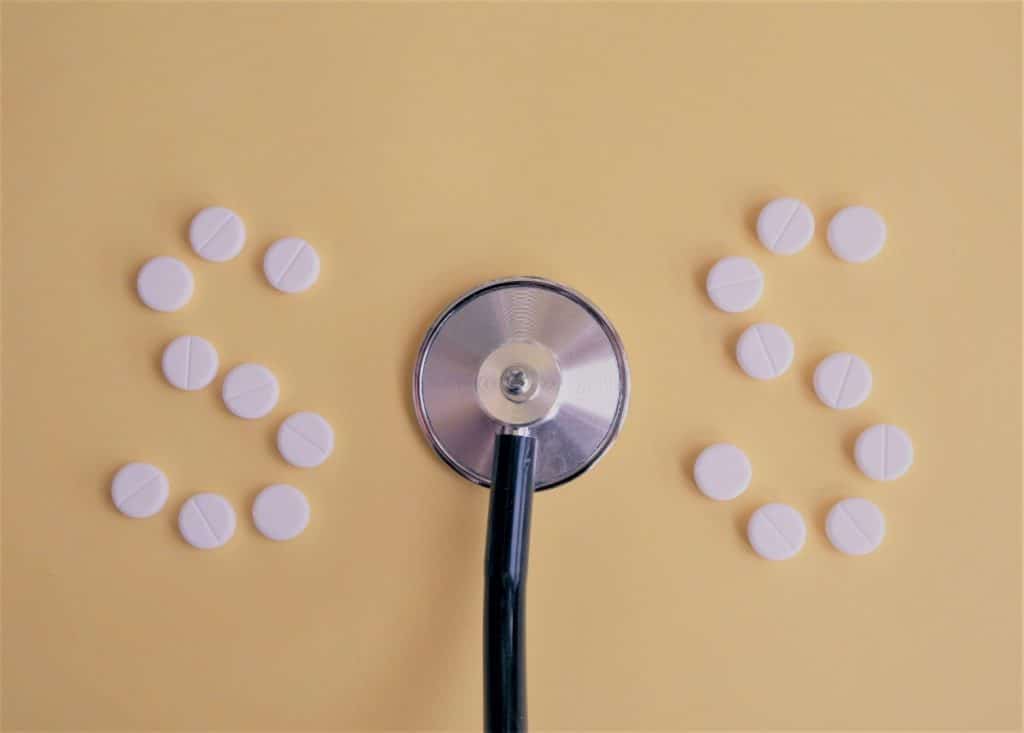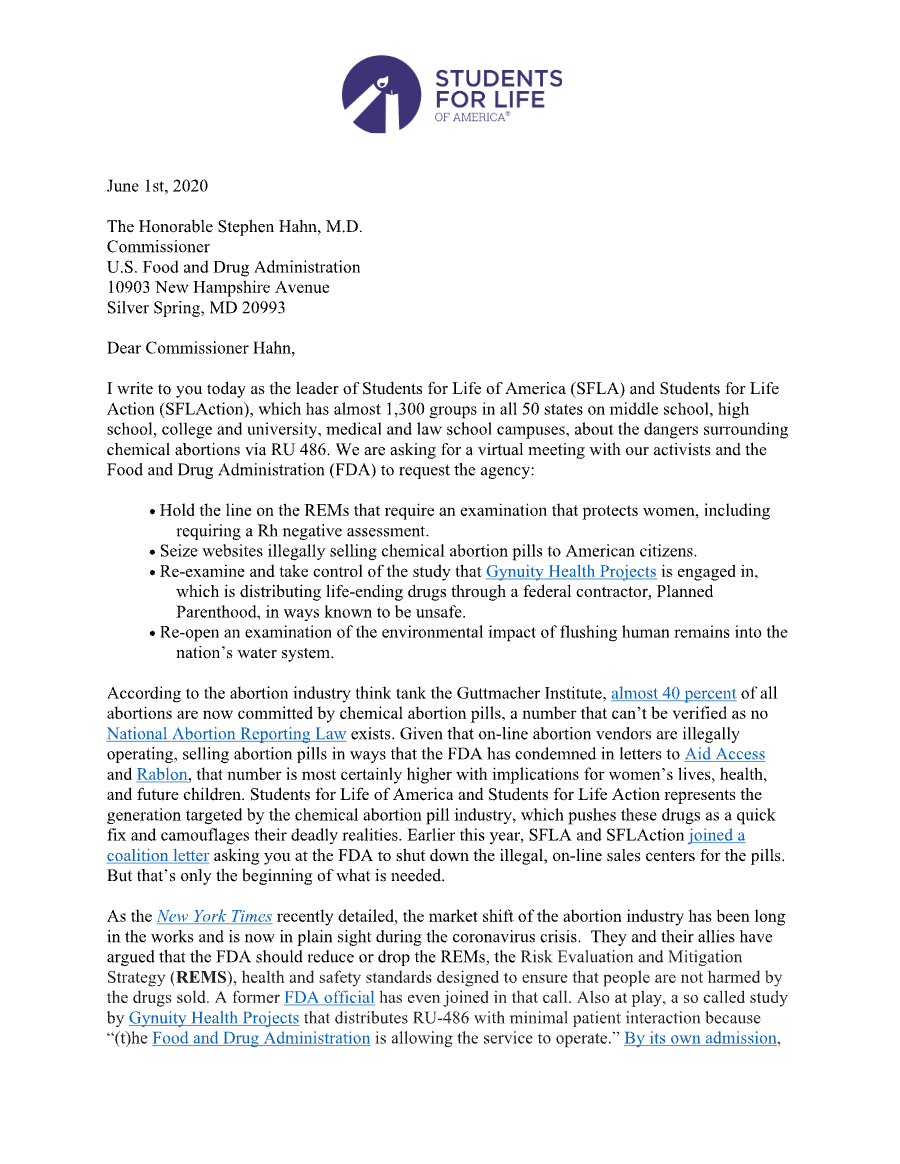

GUEST POST: The “Free the Pill” movement is about freeing up producers to make more money – not about women’s health or autonomy – because there is nothing liberating about a synthetic hormone designed to violate natural, feminine biology. When the Food and Drug Administration (FDA) recently approved “Opill” (norgestrel) for over the counter (OTC) use, the agency showed blatant disregard for women’s health. Research shows complications after taking oral contraception permanently impacts women and should require fundamental informed consent.
The Opill is a progestin-only, synthetic hormone that works as a contraceptive by thickening women’s cervical mucus with the intent of preventing sperm from reaching the egg. Note that progestin is a synthetic version of the natural hormone, progesterone, meaning the chemical structures are not bioidentical, causing them to function with slight differences. Natural, endogenous progesterone is essential to a functional, regular menstrual cycle and plays a key role in maintaining a healthy pregnancy. On the other hand, progestin can be thought of as progesterone’s sinister, synthetic sibling – and yet somehow it made it through OTC approval.

In order for medications to be approved for OTC use, they must meet certain nonprescription drug qualifications under section 503(b) of the Federal Food, Drug, and Cosmetic Act (FD&C Act). These requirements provide OTC use is only permissible if the consumer is able to self-diagnose, treat, and manage the “condition,” and the drug is safe and effective without the need for a licensed health care provider. Qualifications also include a low likelihood consumers can misuse and abuse the drug and that the overall benefits of an OTC status outweigh the risks.
With these qualifications in mind, the FDA’s OTC approval of the Opill is a blatant abuse of power as it disregards scientific evidence which shows this drug can hurt women in various ways.
Even if prescribed by a physician, hormonal birth control is undeniably dangerous. While 1 in 8 women will get breast cancer in their lifetime, a recent publication by Oxford Population Health shows the use of hormonal birth control increases this risk by 20-30%. The FDA’s own report on the Opill also states women who “have or ever had breast cancer” should not take the pill. Additionally, the FDA drug warning for the Opill tablets includes increased risk of ectopic pregnancy, ovarian cysts, liver disease, and irregular bleeding patterns.

Informed consent is yet another reason the Opill fails the qualifications to be nonprescription. Even with the Internet and a reasonable intellect, only a licensed healthcare practitioner who knows a woman’s personal and family health history should prescribe medications with such a broad array of serious drug interactions. Progestin-only birth control methods including the Opill lose effectiveness when taken with rifamycin antibiotics, antiretrovirals such as to treat HIV, antiepileptics, and the herbal supplement St. John’s wort, among possible others.
Many women may also not know that taking hormonal birth control can fundamentally change who they are attracted to while on the pill. Dr. Sarah Hill, evolutionary psychologist and author of This is Your Brain on Birth Control, writes, “Given that pill-taking women don’t exhibit the preference for cues to testosterone are observed in naturally cycling women, there’s a chance that a partner chosen on the pill – when women prefer rounder, more feminine faces than what is observed in non-pill-takers – may not meet a woman’s masculinity standards once she goes off the pill.”
This reality can be confusing and terrifying for women when they come off hormonal birth control, especially minors whose parents provided medical consent for the drug. Considering the Opill does not have age restrictions, the implications for medical consent in OTC purchases by minors becomes rather dangerous to navigate with normal gatekeeping methods for liability no longer in place.

It’s also important to note that the open availability of birth control can lead to increased sexual promiscuity as some in our society act as though these pills promise “consequence-free sex”— but that overlooks a very important issue today. While the FDA states that perfect-use effectiveness can be as high as 98% in preventing pregnancy, hormonal birth control does nothing to prevent sexually transmitted diseases which one in five Americans are currently live with now. Many of these diseases can permanently impair a woman’s health, cause infertility, or even eventual death.
Yet the FDA has made these dangerous, life-altering drugs haphazardly available to anyone walking into their local pharmacy — and what’s next? There is mass hysteria now to place Plan B vending machines on college campuses; one can only imagine what abortion supporters have planned for these drugs after they are made available for OTC use in 2024 with zero age restrictions. Will we see these in high school and middle schools? Likely, that answer is yes – and clearly not because it will better women’s lives or make them freer. The more places these drugs are available – the “freer” they are – the fatter the birth control industry’s wallets will be. Unfortunately, that seems to be the FDA’s priority over American women.
Share this post
Recent Posts

Abortion Brags from Lily Allen & Hat from Cynthia Nixon Enrage Even Pro-Choice Americans. Can the Pro-Life Generation Take Some Credit?
11 Jul 2025
Young Mom Prayed for God’s Hand on Her Child – At Her Ultrasound Appointment, THIS Happened
11 Jul 2025
Letter to the FDA Regarding Chemical Abortion Drugs June 2020
10 Jul 2025
